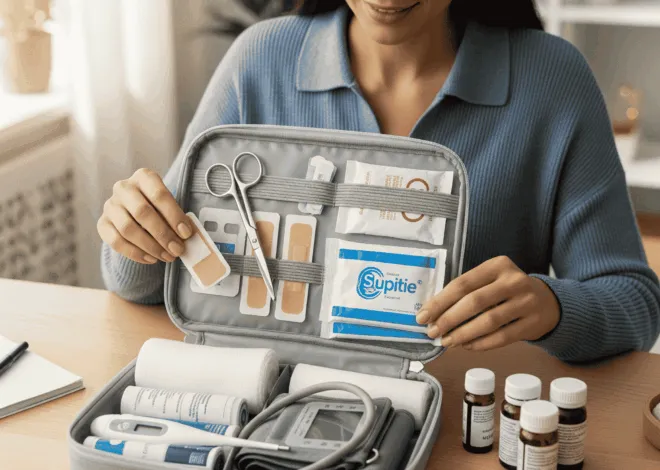I have a “No Eggshells” policy with my closest friends. We
don’t tiptoe around issues or sweep things under the proverbial rug. When
there’s an issue, we address it. When there’s conflict, we resolve.
The older I
get, the more I appreciate this kind of frankness, which from my experience, is
one mark of an authentic friendship. I need someone with whom I can be myself – who
can laugh with me til we cry… but is ready to cry with me when life tests my
limits. Those friends put what’s best for me over what feels best right now. This is not hypothetical or something I read
in a book. I learned this lesson the hard way.
My son was the
typical bright, happy, engaged toddler…until he wasn’t.
Around eighteen months
he lost nearly all of the words he had learned. He stopped responding to his
name. He began exhibiting odd behaviors, sorting items by color and size. He
became aggressive. He even began avoiding all direct eye contact.
He pulled
away from everyone, separating from other children and occupying himself with
light switches and whirring ceiling fans. The best word to describe him
was…gone. He was here one day, and almost overnight, just gone as we had known
him. Body-snatched. An adorable shell left behind, who barely seemed to know us
anymore or even care that we were there. Breathing, but not present.
It was a
mystery I wasn’t sure I wanted to solve. I wanted him to get better without
anything ever being wrong. We expressed our concerns to our pediatrician, and
she assured us it was “a phase.” That he was a boy, and that they developed
more slowly than girls. Wait and see. Despite the evidence pointing to a
problem, I wanted to believe that. I said to myself, “The doctor would know.”
As things continued to worsen, a knot of tension started to roll around in my stomach. I would see him with other children his age
and know something was wrong, but clung to the doctor’s words. A few weeks
passed with no improvement. The pediatrician’s assurances were an ointment I
rubbed into the painful proposition that I was losing my child more every day.
I will never forget one Sunday
afternoon my best friend invited me over to her house to watch movies and hang
out. I needed that outlet; to get out of my house where I couldn’t run or hide
from this frightening truth growing right under my roof. I walked into her
house, heaved a sigh, and prepared to relax for a few hours away from home.
Away from my son.
She looked
at me for a few moments too long. She has these big brown eyes that seem to
cover your whole body and soul in a glance. She licked her lips before
speaking.
“We need to
talk about Myles.”
It was a
like a crack of lightning in the room, making me jump and illuminating
everything in a flash. I didn’t even ask what she meant. I don’t think I said a
word. All the words – defenses, protests, pleas – they all melted in my mouth
under the heat of her kind, unrelenting stare. She had ambushed me with an
inescapable truth from which I could no longer run. I cried until my head
throbbed. I cried until my breath hiccupped in my throat, trapped and
struggling to get out. I cried until the tiny blood vessels under my eyes
showed through my skin.
And she
held me. She “shhhd” me, even though she never made me stop. So terrifying and
so liberating, this paradox of feeling in that room. A secret I’d been keeping
from myself was exposed. Out in the open, and there was no going back.
I asked my
best friend recently if she remembered how she felt that day.
“To be
honest,” she said. “I didn’t know if our friendship would be over or not. I had
no idea how you would respond. I was scared of what would be on the other side
of that conversation, but it was a risk I knew I had to take.”
My friend
had observed the same things I had seen, but didn’t want to face. She had poked
around, spoken to a few people, and suspected my son might have autism.
She was
right.
That
conversation, as wrenching and painful as it was, galvanized me into action,
and I have never looked back.
My son was diagnosed and in his first therapies
mere weeks after that day at my best friend’s house. When I think back to that
time, it feels like an eternity when we didn’t know what was wrong with Myles,
but it wasn’t. The mystery and fear bent time to feel like forever, but it was
only a few months. Still. If I could go back, I’d erase those months, go with
my gut, and would have gotten answers at the first sign of trouble. It took me
a long time to forgive myself for that season of denial.
April is
Autism Awareness Month and I share this story not just as some cautionary parenting
tale. Not just as a commentary on the tough love of a good friend. I share it
to urge you, if you have a friend or relative who might be in this position;
might be in denial, love them enough to share your concerns. If it’s you, beat
back your fear and find out for sure.
Autism is a
complex neurological disorder that requires a qualified medical professional to
diagnose. There are some red flags, though, that if present, should prompt
parents to investigate further. The CDC offers some warning signs here: http://www.cdc.gov/ncbddd/autism/signs.html.
It has been
11 years since my best friend and I had that pivotal conversation. My son has lived
with autism for more than a decade now, and I won’t lie to you and say it’s
easy. It is not. Raising a child on the spectrum has been the hardest
thing I’ve ever done in my life, and there are times I have felt like I wasn’t
up to the challenge.
One thing my friend said she knew was that if my son did
have autism, I would rise. Her word, not mine, but so true. I did rise. I got my son the help he
needed, and even went on to establish a foundation for other families living with autism. But it started with a friend who
loved me enough to tell me the truth and wouldn’t let me live denying what was
in front of me.
I can still feel the pain that sliced through me, literally almost
doubling me over, when the doctor said the word “autism.” I had no idea what to
do or how to help my son. I learned from other parents, from teachers, from
therapists and medical professionals. The autism community is the kindest, most
generous, most intelligent group of folks I’ve ever encountered.
If you suspect
there is a problem, don’t wait. If your fears are confirmed, know that we will
be here for you. I have been there. I was afraid, but like my friend knew I
would, I did rise. And so would you.





